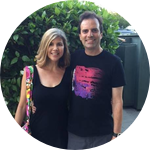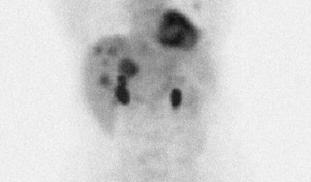Please wait...
About This Project
Insulin is a hormone which supports growth of normal cells, but also of cancers. A very low carbohydrate (VLC) diet safely and readily lowers blood insulin levels. The effects of a VLC diet has potential to inhibit cancer growth without harming normal tissues.
We further hypothesize that a VLC diet can combine with the effects of drug treatment in cancers, thus reducing drug doses and therefore toxicities. We aim to test this hypothesis in cell cultures.

Browse Other Projects on Experiment
Related Projects
Disrupting cancer cell signaling through drug discovery
Most cancer-related deaths are caused by metastasis, the spread of cancer cells to distant tissues. This...
CaniSense– AI-powered blood test for early cancer detection in dogs
Cancer is the leading cause of death in dogs, yet no reliable methods for early screening exist. At testblu...
Shutting down cancer’s recycling system with exosome-based therapy
Pancreatic cancer is one of the deadliest cancers because its cells survive by recycling their own components...





